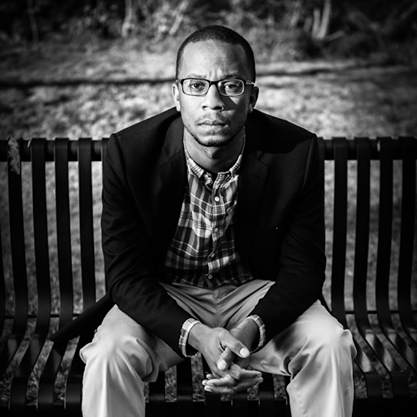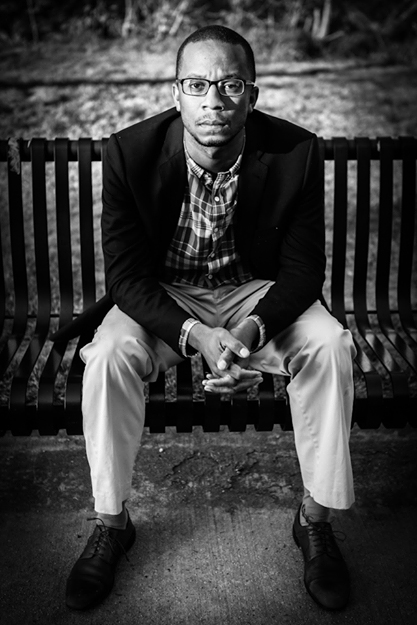Typically, when I am asked, “Why is spoken word poetry so important in youth development?” I answer: Giving young people the ability to speak with their own voices is vital, not only to their personal development, but to the development of society as a whole.
As all-encompassing as this answer may be, it is only part of the truth. No matter what part of youth development you work in (whether prevention or literacy training), spoken word poetry is a tool best deployed to create a sense of empathy, in the author and listener.
I know this not only because I have been working with youth in this capacity for more than a decade. My own path to recovery came only when, through writing, I was able to understand and embrace the history of addiction in my own family, forgive myself and move forward.
I’ve worked with young people from many demographics through an assortment of organizations that all thought they were seeking a unique result. Almost every time, when success came, it came from one unifying principle: If you want a person to understand what they are doing or what other people are doing, you have to get to the source of their motivations.
For example, if you are working with a group of students from an underserved inner-city community and you expose them to a poem by somebody who is from where they are from — someone who is articulating their pain, loss and anger, and who has ultimately used those emotions to rise or overcome — you have created empathy. The energy that comes from that realization is then funneled into those young people expressing their personal journeys through creative writing.
Young people’s feelings are then validated through applause and acceptance, not because they have instantly become amazing writers but because their vulnerability inherent in sharing has been rewarded.
The next step is to infuse those same young people with enough confidence to share those experiences with their peers. What happens then is the same experience we all have when someone we assume to be a member of our tribe shares our story: We realize that we are not alone, and it gives us license to tear down the walls that keep us from the connectivity that can heal trauma and destroy stigma.
Poetry has saved my own life. One day, in the throes of cocaine addiction, I heard a poem that reminded me of all the things I had to live for. The process was subtle, to the point where I didn’t realize it happened until I was already saved. While I was in recovery, I came back to writing after learning that a close friend had committed suicide by overdosing.
It was through the creation of the poem “Talk Ugly,” my ode to his life, that I found my voice again. It was through sharing the poem with others who had been through a similar situation that I found my purpose.
It’s not the place of every former addict to play herald to their past transgressions, but for me it has proven a tool to create empathy and forgiveness in and for myself. Whenever someone approaches me after a performance with a similar story or with a declaration of newfound understanding for someone in his or her life who is struggling to overcome addiction, I am reaffirmed in my path.
Technology is the collection of techniques, skills, methods and processes used in the accomplishment of an objective. There are many important objectives in the profession of youth development, the greatest of which is creating a sense of connectivity with people in a world where our perceived differences consistently pull us apart. Poetry and spoken word are vital technologies in the celebration of vulnerability and the creation of empathy.
Joseph “LMS” Green is a professional spoken word artist, educator and motivational speaker who believes in the arts as a means of activism and a platform to start discussion that will motivate change personally and globally. Through his experiences with substance abuse and recovery, he has put together a catalog of work and youth-focused programing dealing directly with these issues. At the time this video was filmed Joseph was the Senior Program Manager at The Mentor Foundation. To reach him directly please visit JosephLMSGreen.com.
More related articles:
Youth Developers are American Dream Builders
Breaking the Cycle, One Young Person at a Time
With Merger and Grant, Wyman Hopes to Expand Work with Underserved Kids
Technology of Empathy: Spoken Word Helps Youth Develop and Contribute






























